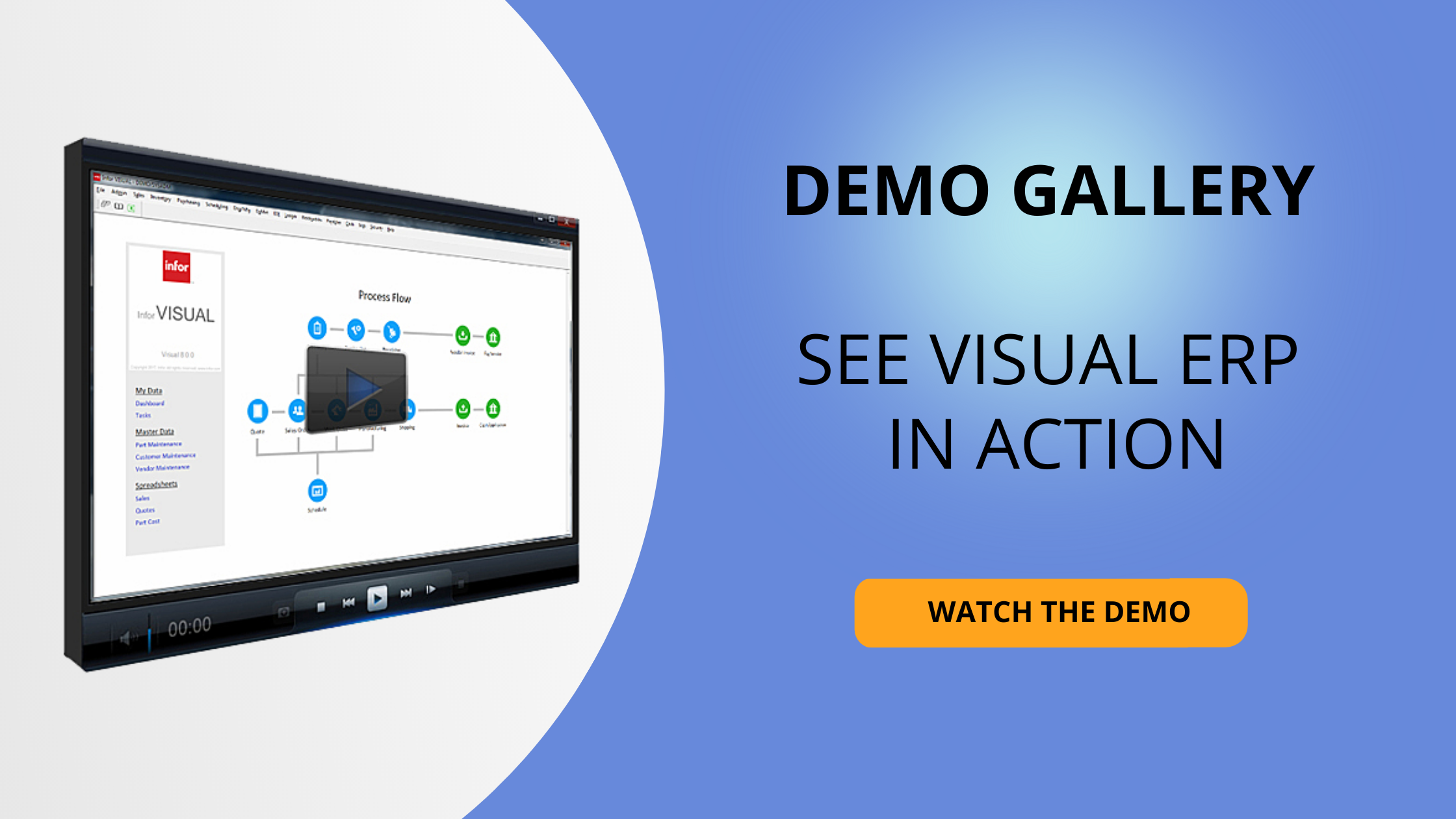ERP training does not end after implementation
During implementation, ERP training primarily focuses on how the company will utilize the software to perform its daily functions, as well as processes necessary to replace the current system. Key users and team members work with their implementation partner to develop a plan and define the training requirements for the new ERP solution.
Post-implementation ERP training is just as important as the initial training to achieve continued success. Every company needs an ever-evolving plan for continuous improvement. Ongoing ERP training should be a significant part of that plan!
Download the 6 step guide to successfully implement ERP
Post-Implementation Checklist
The following five keys to post-implementation ERP training are a guide to ensuring your success continues well beyond the go-live date. As a company, you should decide whether or not these suggestions can be done internally, or with the help of your ERP partner.
#1 – Phase II project plan
During initial ERP implementation planning discussions, the scope of the project is often separated into different phases based on time and budget considerations. Generally, Phase I consists of the “must have” items necessary to replace your current ERP system and processes. You will also include other key features of the new ERP solution that you don’t currently have, but for the most part, Phase I will cover all existing business requirements at the go-live time.
For example, if you aren’t using CRM today, then perhaps it’s not a critical part of the initial go-live in Phase I. CRM becomes a Phase II project that may begin immediately after going live. There should be a new or updated project plan to continue ERP training on the features and functions identified for Phase II. This process can evolve into several phases beyond the initial go-live.
Related: What is Infor CloudSuite Industrial?
#2 – Departmental cross training
While this should also be done in the initial ERP training, it is very important to have an ongoing plan for inter-departmental cross training for all users, not just the ERP project members. End users need a broad understanding of how their role in the ERP software affects, and is affected by, other users’ roles.
For example, an engineer developing the bills of material and operations would better understand why specific details need to be entered in the ERP system if they understand how the buyer will see and react to the demand for the materials in the BOM.
Related: ERP Implementation Roles & Responsibilities: How to Build Your Team
#3 – Process refinement
During the initial phase of ERP implementation, processes and operational procedures are developed and recorded. However, once the system is in full use, additional processes may be discovered – or changes to the original procedures may be required. This should lead to additional ERP training for the affected users and departments.
Improvements to the original procedures should be expected and encouraged as part of the continuous improvement effort. Too often changes are made without including the necessary training to consistently apply those new procedures.
Download the ERP selection criteria checklist
#4 – New user training
Employee turnover can have a significant impact on the continued success of any ERP implementation. After all, the system is only as good as the input it is given.
During implementation, key users and end users are provided with the proper training and guidance to use the new solution properly. Unfortunately, the users involved in the initial project may change over the years. New users enter the scene without the same structured instruction given to their predecessor. Oftentimes, they are trained by someone who believes they know the procedures followed by the previous person and valuable information is lost in translation.
Having a policy for new user ERP training, along with keeping processes and standard operating procedures updated, is critical to mitigating the risk caused by turnover. Establish a plan to meet with all users over specific periods of time to be sure any process changes or improvements they may have developed on their own are properly documented and recorded.
See VISUAL ERP in action
See Cloudsuite Industrial in action
#5 – Daily, weekly, monthly process validation
This is a very important step in the post-implementation training process. Months of hard work and detail went into getting all of the data and procedures just right for the go-live day. To keep everything in order, there needs to be a training plan for checking all transactions and processes on a daily, weekly, and monthly basis.
For example, if your new system allows negative inventory transactions, train someone to check daily for negative transactions. Negative inventory transactions can be a normal part of the process, but only if corrected with the proper positive transaction on a timely basis.
A weekly process example would be checking and validating efficiencies and utilization of resources. Making sure users are properly recording labor time on jobs is crucial to accurate costing and scheduling, so a trained user should always be checking those transactions.
And a typical monthly training process would be for month-end close procedures. If all other daily and weekly validations are being performed, the month-end process should be fairly smooth.
Related: Infor ERP Training: Where To Find The Best Resources
Constant training is key to continued success!
Ensuring the success of the investment you made in a new ERP solution is a no-brainer. A proper ERP training plan is just as important after the go-live date as it is during the implementation. Success and ongoing training programs always go together!









